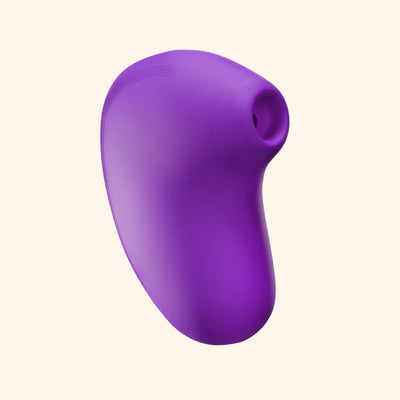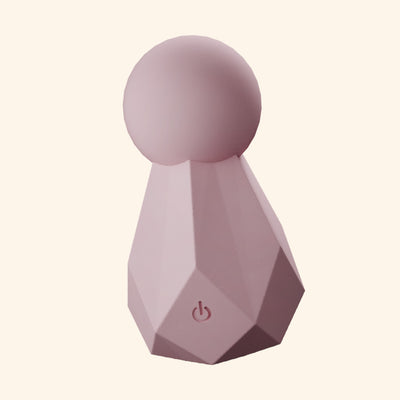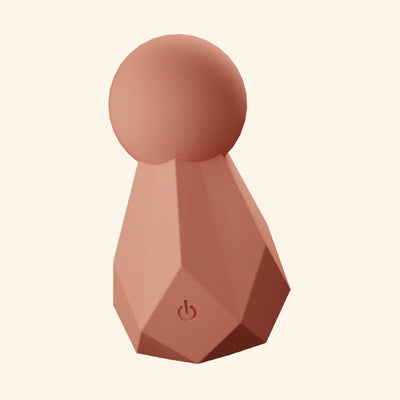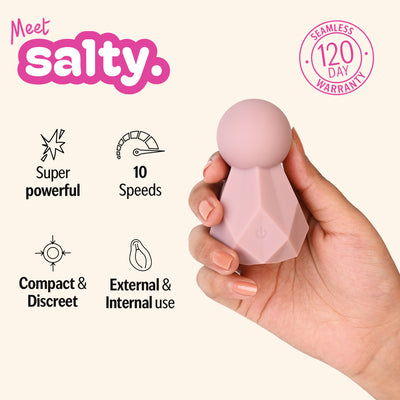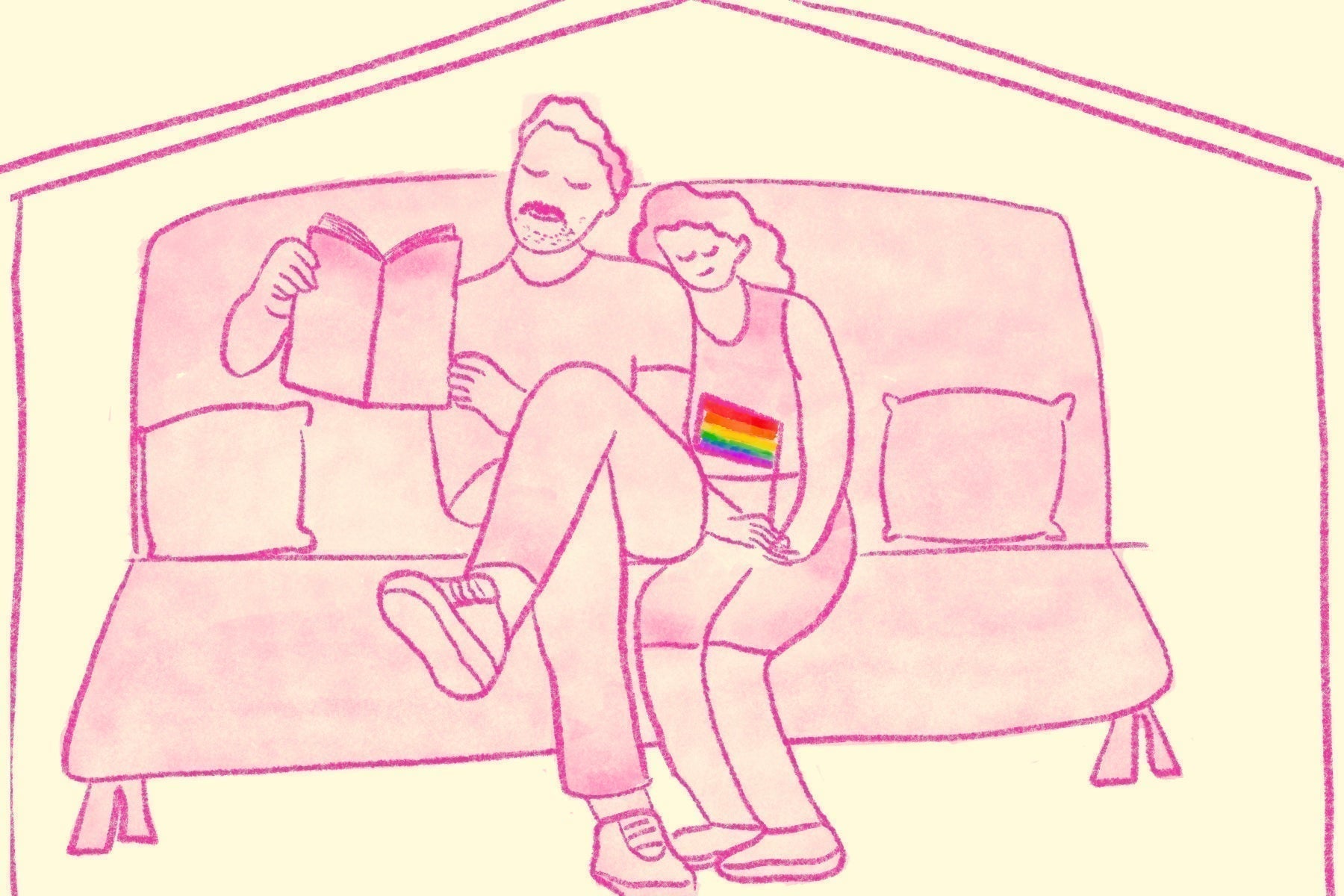Your cart is currently empty

We live in an age wherein we often struggle with being told that we are not enough—not good-looking enough, not smart enough, not capable enough. This approach to human life comes from an insidious philosophy called ableism, which is a systemic discrimination against people with disabilities. Deeply-rooted in public spaces and homes alike, it does so by painting a picture of what the ‘ideal’ body-mind looks and works like, and pushes all people to aspire for it. While those of us with able body-minds might not notice it as much, disabled folx confront it everywhere they go and feel it chipping away at their self-esteem.
“An ableist society is one that tells you that you’re not enough as a disabled person. For the disabled person, that comes with a feeling of shame. When able-bodied people are constantly trying to fix you, it impacts you in a lot of ways. In my own case, it left me struggling with body image and self-esteem issues,” says Gauri Gupta, a 20-year-old para-athlete who has competed at the state and national levels in 3 different categories. She also recently graduated from Lady Shri Ram College, Delhi with a degree in philosophy.
Gauri is a wheelchair-user and an advocate for disability inclusion. When she started college, she also began using the metro train service to attend classes. She would often be met with unsolicited remarks and behaviour from other people that made her feel unsafe and unwelcome. “When I started traveling by the metro independently between home and college, the general assumption was that it would not be safe for me because I am a girl and I am disabled,” she shared, explaining the double burden of being a disabled woman. “Fortunately, my parents were supportive. But that is not the case with many other disabled girls and women out there.”
Even when the physical infrastructure is designed for accessibility, people are generally lacking in disability awareness. For instance, few are cognizant of disability aid etiquette. “When I am in a lift or in the metro, people sometimes use my wheelchair as an armrest or quietly hang their bag on it thinking I wouldn’t notice. In school, some peers would try to perform tricks with my wheelchair. If I am open to that sort of fun, it’s different. But there are times when I am not and feel uncomfortable. But people refuse to understand. For them, it’s just timepass…like they would move my wheelchair to & fro while I’m sitting on it! Or when I am traveling, people with good intentions insist on pushing me around. When I say no, people don’t always respect that because the general perception is that people with disability do not have the autonomy to make decisions for themselves,” Gauri lamented.
She also tied it to the larger lack of understanding of consent in our culture. “Consent is not just about sex, but is present in all of our interactions. It has to be consensual when you’re helping someone for it to be called help. People don’t always accept my ‘no’ and insist on ‘helping me’ anyway. All of these things are very much interconnected.”
And what happens when Gauri gets annoyed and snaps at them?
“As a woman with disability, there is this constant expectation that I don’t get angry. I have to be smiling, grateful, even if I have had a bad day. People don’t expect me to have a full range of emotions. It is something that I have been working on – why can’t I be disabled and angry?”
Admittedly, she has much to be angry about. People, often strangers, regularly tell Gauri their opinions about how they think a disabled woman should present herself. They don’t expect her to wear makeup or clothes that she likes. “People tell me how I should dress up, whether I should or should not wear makeup as a person with disability. Having someone question you time and again, strips you of your agency. It would make me second-guess myself – I remember a time when I would look at myself in the mirror, and I’d wonder 10 times if I looked okay. This is because, especially in a country like India, you’ve to look able-passing to be able to go about your day without being questioned or judged.”
Despite all their feigned concern for her, there have been times when Gauri has also faced inappropriate behaviour from them. “When lifting up my wheelchair or taking me somewhere, there have been times when people have touched me inappropriately because they are apparently ‘helping me’, so I cannot complain because I’m being ungrateful to someone who was just helping me. If something traumatic or problematic happens [in public spaces], I am expected to keep quiet. There are no laws either, to protect us from such situations or its consequences.”
For all her outspoken activism, Gauri describes herself as shy and reticent in personal interaction. She takes her time to meet and get to know new people, and doesn’t enjoy the experience of meeting potential dates through apps. Her disability and people’s perception of it has also shaped her dating life. “Earlier I used to be very apologetic about my disability. It seemed like something that they had to put up with. Then I began hiding it and would avoid conversations about my disability. While I don’t owe that to anybody, it came to a point where I started hiding it from my own self. It would erase it from my own identity,” she shared, signaling a common coping mechanism among disabled folx in an ableist society, wherein they try to minimize their needs in order to seem able-passing.
“Especially between the ages of 11 and 14, I would often try to ‘fix myself’. This was when adolescence was setting in and everybody’s bodies were going through changes anyway. I used to feel like I was fat or not good-looking. Moreover, the shape of my spine looks very different from that of an able-bodied person. There has been a discomfort that I have felt about being in my body for almost 15 years now. This has had an impact on my mental health. Self-hate and internalized ableism made me think about all the things that I wouldn’t be able to do and led to me feeling undesirable.”
But over a period of time, with the support of her loved ones, Gauri has worked to become aware of these thought patterns and her sense of body image. “No matter what you look like, people are going to have something to say,” Gauri shrugged, wisely. It has also helped her identify and express her grief which arose from denying her disability and being made to feel ‘not good enough’. “Grief comes in a variety of ways. My disabled grief was in wanting to ‘cure myself’ and be better. Now, grief is not about accepting my body – although many disabled folx are able to do so after a certain age – but in affirming the identities of disabled people in general. That’s the challenge – not erasing my disability from my identity, but in unhiding it. I also experience disabled grief by expressing my anger at everyday ableism. On other days, I experience grief while being hopeful. Disable grief doesn’t have one specific definition, but it takes different forms.”
She has been deliberate about building an affirming community around herself, a large part of which is composed of disabled friendships. These spaces have also helped her access disability-aware information about sexual and reproductive health, and exchange stories of disabled experiences.
“Everything I see in the mainstream media is the able-bodied narrative. If disabled people were to talk about disability-aware sex education and pleasure, they usually retort by saying something like: you’re disabled, why do you have to talk about this stuff? Don’t you have better things to do?
Disabled women are not particularly expected to address it, because the perception is that you’re either asexual or that you are hypersexual, in a desperate sort of a way because people are not giving you attention. The idea that is generally out there is heteronormative and ableist…there is this overarching idea about what is normal in sex and by default, everything that is not discussed in line with this is not normal,” Gauri points out.
Challenging these limiting beliefs and the notion of what is widely accepted as normal is crucial to building a world that is truly inclusive and embracing of our differences. Here’s to being active allies in dismantling ableism and learning from those with lived experience!
----------
About the author:

Tejaswi is a media professional and researcher focused on pleasure & joy in areas of public health. Their attention is captured by post-colonial human relationships at a time of the Internet of Things.
Tejaswi is autistic and identifies as queer in more ways than one.


